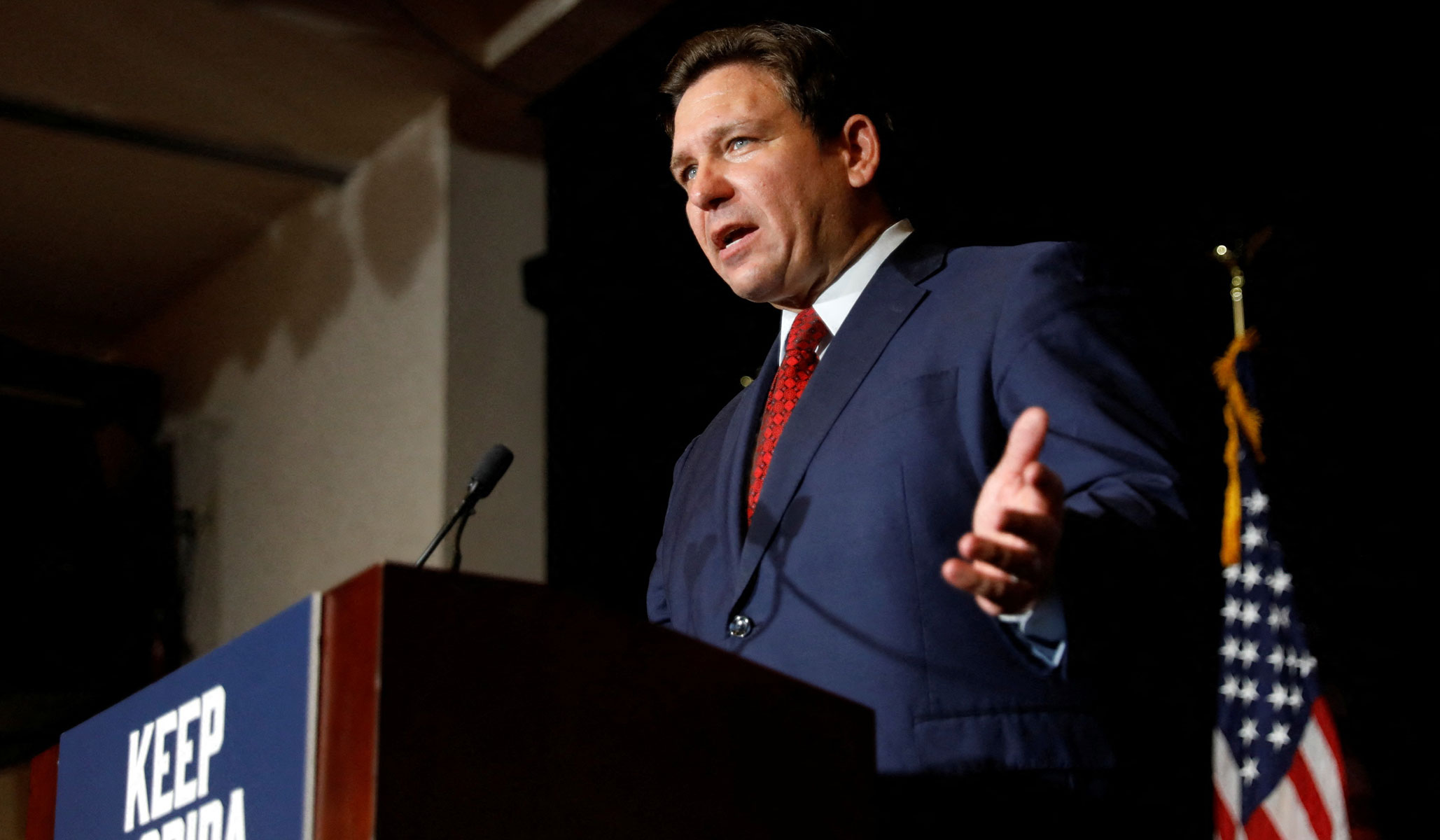DeSantis Action: Orlando Drag Show License Revoked – A Deeper Dive into the Controversy
Florida Governor Ron DeSantis's administration has revoked the cabaret license of a popular Orlando drag show venue, sparking intense debate and raising significant legal questions. This action, impacting the Plaza Live venue, highlights the escalating tensions surrounding LGBTQ+ rights and expression in the state. This article delves into the details of the decision, the ensuing backlash, and the broader implications for free speech and business regulations in Florida.
The Revoked License: What Happened?
The Department of Business and Professional Regulation (DBPR) in Florida cited "a pattern of sexually explicit conduct" at the Plaza Live, specifically referencing a drag show performance as the reason for revoking their cabaret license. This decision came after a months-long investigation, fueled by complaints filed following the drag show event. The DBPR argued the performance violated Florida's recently enacted laws regarding sexually explicit performances in front of minors.
Key Arguments from the DBPR:
- Violation of Florida Statute: The DBPR claims the drag show violated a new state law prohibiting "adult live performances" in public spaces where minors could be present.
- Public Safety Concerns: While not explicitly stated as the primary reason, the DBPR's actions suggest a concern about maintaining public order and protecting children.
- Enforcement of Existing Regulations: The revocation underscores the DeSantis administration's commitment to enforcing existing laws and regulations, particularly those concerning public decency.
The Backlash and Legal Challenges
The decision has faced significant criticism from LGBTQ+ rights organizations, civil liberties advocates, and many Democrats. The revocation is seen by many as an attack on the LGBTQ+ community and a restriction on freedom of expression. Legal experts are questioning the constitutionality of the law and the application of the licensing process.
Arguments Against the Revocation:
- Vagueness of the Law: Critics argue the law is vaguely worded, leading to arbitrary enforcement and potential chilling effects on artistic expression.
- First Amendment Concerns: The action raises serious concerns about violations of the First Amendment, which protects freedom of speech and expression.
- Discriminatory Intent: Some legal scholars allege the action is discriminatory, targeting a specific community based on its expression.
The Broader Implications: Freedom of Expression vs. Public Morality
This incident highlights the ongoing clash between freedom of expression and concerns about public morality. The debate centers on defining "sexually explicit," the role of government regulation in artistic performances, and the rights of minors. The legal challenges expected in the wake of this decision will be crucial in determining the future application of similar laws in Florida and potentially other states.
Looking Ahead:
- Legal Battles: Expect legal challenges to the revocation, potentially reaching the Florida Supreme Court or even the US Supreme Court.
- Political Fallout: The decision is likely to intensify the already highly polarized political climate in Florida and nationwide.
- Impact on Businesses: The revocation raises concerns among other businesses in Florida about the potential for arbitrary enforcement of similar regulations.
This situation is evolving rapidly, and further updates will be provided as they become available. Stay informed about this developing story and its ramifications by following reputable news sources and legal analyses. [Link to a relevant news source]. [Link to a legal analysis].
Disclaimer: This article provides factual information and analysis based on currently available information. Legal interpretations are subject to change based on further developments and legal proceedings.
